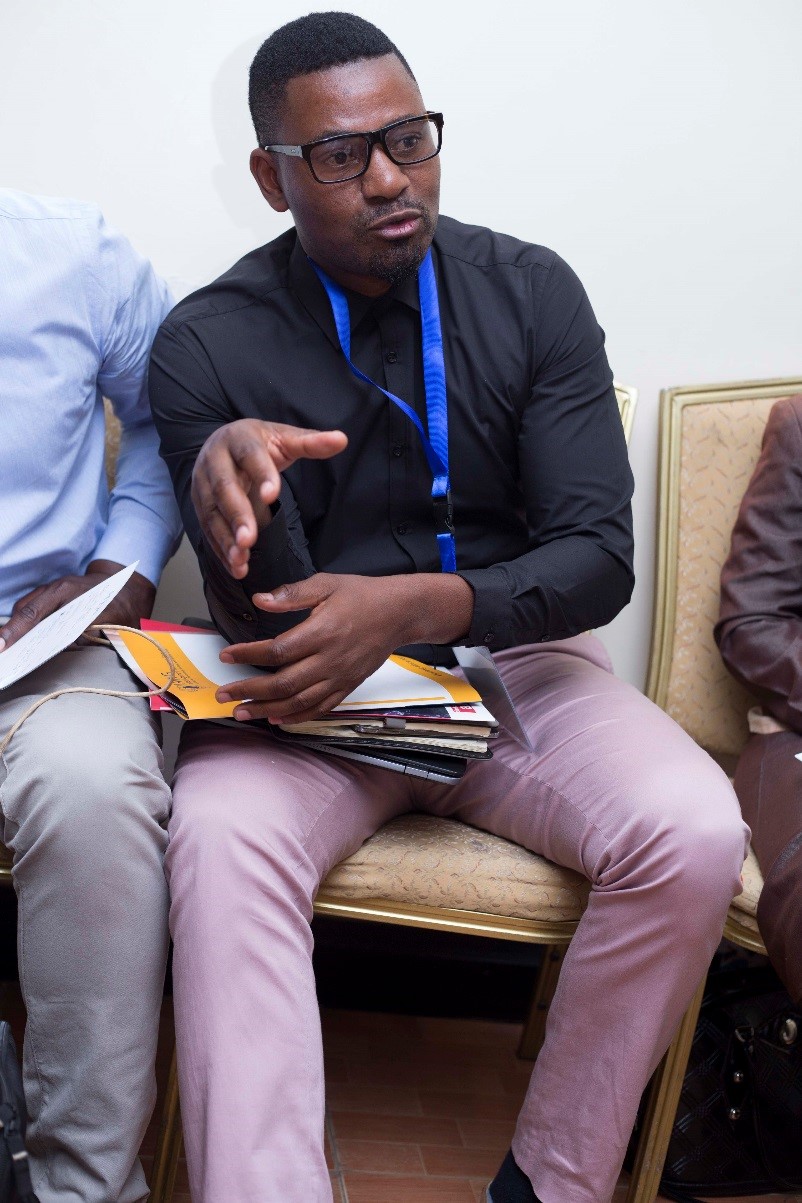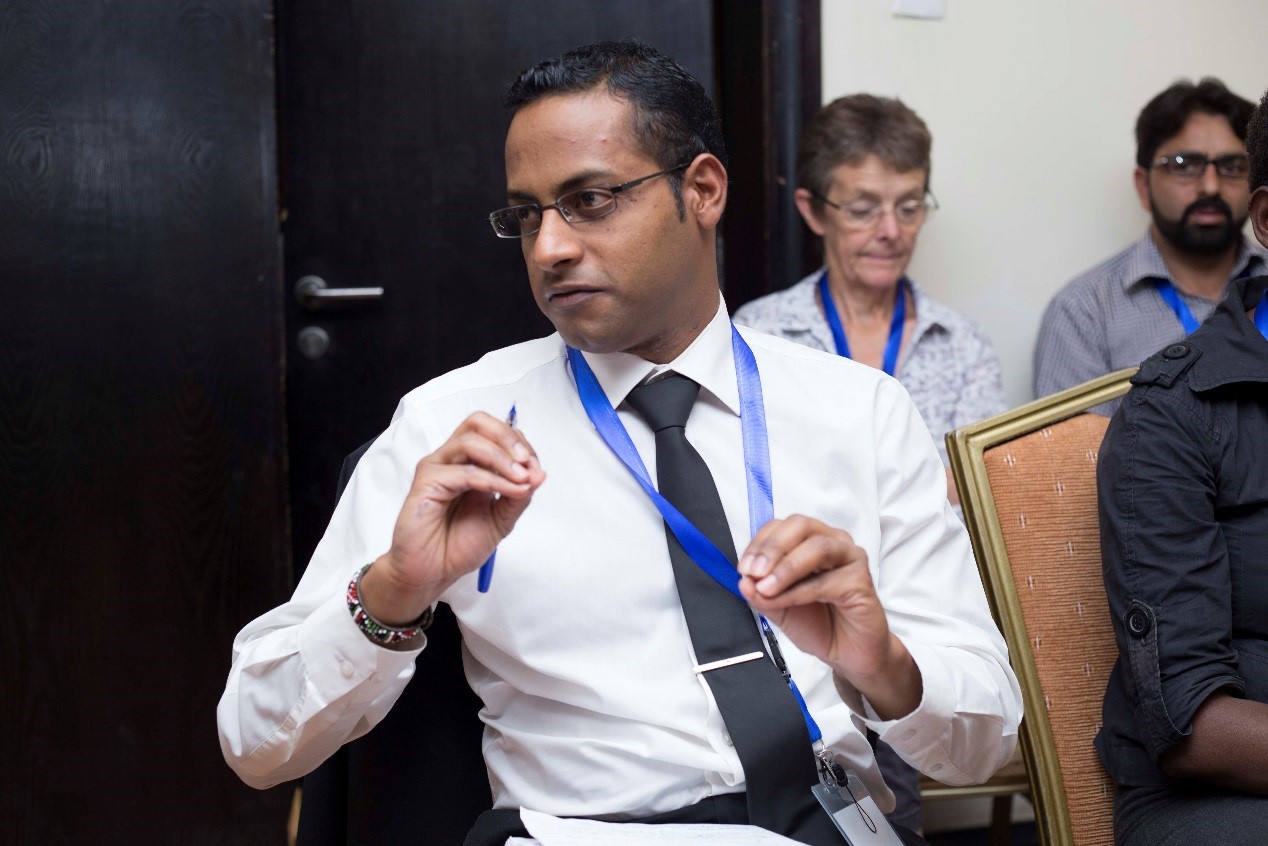Recipe name: Social Inclusion for Disaster Response: Integrating Lessons from WASH research to improve Humanitarian Response
Origin of the recipe
Disasters in Malawi occur on a yearly basis and they are no longer unforeseen. The country is vulnerable to disasters due to the impact of climate change manifested through floods, drought, storms and extreme high temperature. There is evidence that rain and snow formation patterns (precipitation patterns) are also changing. In the coming years, it is expected that rainfall will become even more erratic, flooding will increase, high temperatures will become the norm, leading to extended dry periods. These changes have major implications on welfare of man and threaten to undermine development gains across sectors. Malawi’s vulnerability to climate change is exacerbated by and not limited to hydro meteorological hazards.
The 2015 floods were the most devastating in terms of geographical coverage, severity of damage and extent of loss. While 15 districts were directly affected, the whole country suffered from the effects. Water and electricity supplies were interrupted and damaged roads and bridges disrupted business and slightly delayed timely response. An estimated 1,101,364 people were affected, 230,000 displaced, 106 killed and 172 reported missing . Economic losses were experienced at different levels: damage in infrastructure, crops and livestock; reduced production due to water and electricity shortage, disruption of economic system in communities where people were displaced; fiscal transfer to disaster response and crowding out of other functions as for weeks manpower concentrated more on disaster response than any other activities.
Plan International, Malawi, follows the Inclusion Charter for the recognition of the needs of different groups of people and the Core Humanitarian Standards on Quality and Accountability. This has added significant value to Plan International Malawi’s humanitarian work.
This recipe focuses on how the Plan International team in Malawi has been able to utilize the key lessons learnt from Water Sanitation and Hygiene (WASH) social inclusion research to improve humanitarian response in areas such as relevance, appropriateness, effectiveness and timeliness.
Achievements
- The team was able to engage with all affected people, including the most marginalized, to ensure that their views are/were part of all aspects of the response and that they are/were given the platform to make informed decision on issues affected them.
- Data collection was fully disaggregated for different groups of people in order to understand the scale of different needs and respond appropriately
- Capacity development was undertaken for knowledge and skills enhancement for humanitarian actors to help them effectively identify the needs of marginalized groups and deliver an appropriate response.
- Coordination mechanisms were adopted to ensure that all humanitarian organisations guarantee that the needs of all affected people are/were met.
Ingredients for knowledge and experience sharing:

Two informed and articulate presenters:
Herbert Chidaya – Plan International, Malawi (View profile HERE)
Daniel Kapatuka – Plan International, Malawi (View profile HERE)
- 23 representatives comprised of policy makers (Government officials and Donor agencies), United Nations Agencies in Kenya, Humanitarian Practitioners (INGOs), Academia (Universities and Scholars), Civil Society (Disable Peoples Organizations and Older Persons Organisations) and Private sector players (Corporates).
- One roving microphone
- Lots of water
Preparation
Place all the ingredients into the Amani Conference room at the Boma Hotel and cook evenly at 22 degrees for 45 minutes.
Outcomes
The Plan International Malawi team was able to share the following lessons from their mainstreaming experience:
- A collaboration with two renowned scholars in Malawi resulted in the commissioning of social research and assessments in 2015, to provide a factual basis on the social inclusion approach to be adopted under the WASH response program. These were:
- WASH Social Inclusion Research by Hazel Jones: This research sort to practically and strategically address the rights of marginalized groups (particularly women, girls and people living with disability)
- Assessment of Latrines by Chimwemwe Kapichi: This research focused on the factors that contribute to the strength of latrines to be able to survive or not collapse during disasters
- As a result of the findings of the research initiatives:
- The Plan International Malawi team has been able to deliberate expand its focus to incorporate vulnerable groups such as older persons, people with disabilities, the chronically ill, children and lactating mothers, within its response programs.
- The results from the social inclusion research conducted in Mulanje Malawi, presented Plan International with readily available tools to map people with disabilities, and how to meaningfully assist and work with them in the program.
Recommendations for future practise:
- Social Inclusion is a key component of disaster response, without which, vulnerable groups will be further marginalized hence rendering response initiatives discriminatory and ineffective.
- The following five components should be embedded in humanitarian response to enhance social inclusion: Use of Community Structures, Use of Existing data for response, Sharing of information amongst stakeholders, Improving practices to withstand future occurrences and losses, and Networking.


